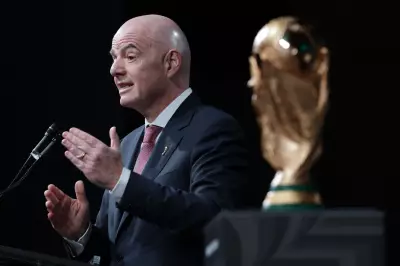
English cricket's revolutionary tournament, The Hundred, is set for a dramatic transformation as its new ownership unveils sweeping changes to salary regulations. The move represents a strategic shift designed to make the competition more attractive to world-class cricketing talent.
Game-Changing Financial Flexibility
The tournament's governing body has significantly relaxed the financial constraints that previously limited team spending. Under the new framework, each of the eight men's teams will enjoy enhanced flexibility to secure marquee players, potentially reshaping the competitive landscape of the short-form competition.
This strategic pivot comes as The Hundred aims to strengthen its position in the increasingly crowded global cricket marketplace. With franchise tournaments proliferating worldwide, the ability to compete financially for top-tier talent has become crucial.
Strategic Response to Global Competition
The timing of these changes is particularly significant, coming shortly after the England and Wales Cricket Board (ECB) secured a landmark £500 million investment from Bridgepoint Group. This substantial financial backing has provided the confidence needed to implement more aggressive player acquisition strategies.
League officials have emphasised that these adjustments are carefully calibrated to maintain competitive balance while allowing teams greater scope to build distinctive rosters. The changes reflect a maturation of the tournament's approach to squad construction and talent retention.
What This Means for Players and Teams
The revised regulations promise multiple benefits for all stakeholders:
- Enhanced earning potential for domestic and international stars
- Greater roster stability through improved retention options
- Increased competitive intensity across the tournament
- Stronger appeal to global cricket superstars considering their T20 commitments
This development signals The Hundred's ambition to cement its status as a premier destination for the world's best cricketers. As the tournament enters its next phase, these financial reforms could prove instrumental in shaping its future trajectory and appeal to both players and fans alike.





